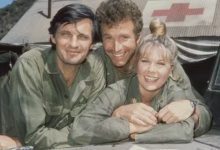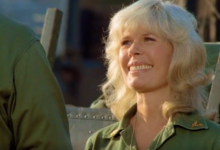Why Colonel Blake’s Shock MASH Death Was Groundbreaking
M*A*S*H broke ground in many ways, but the shock death of Colonel Blake in season 3 did something no television show before it had attempted.
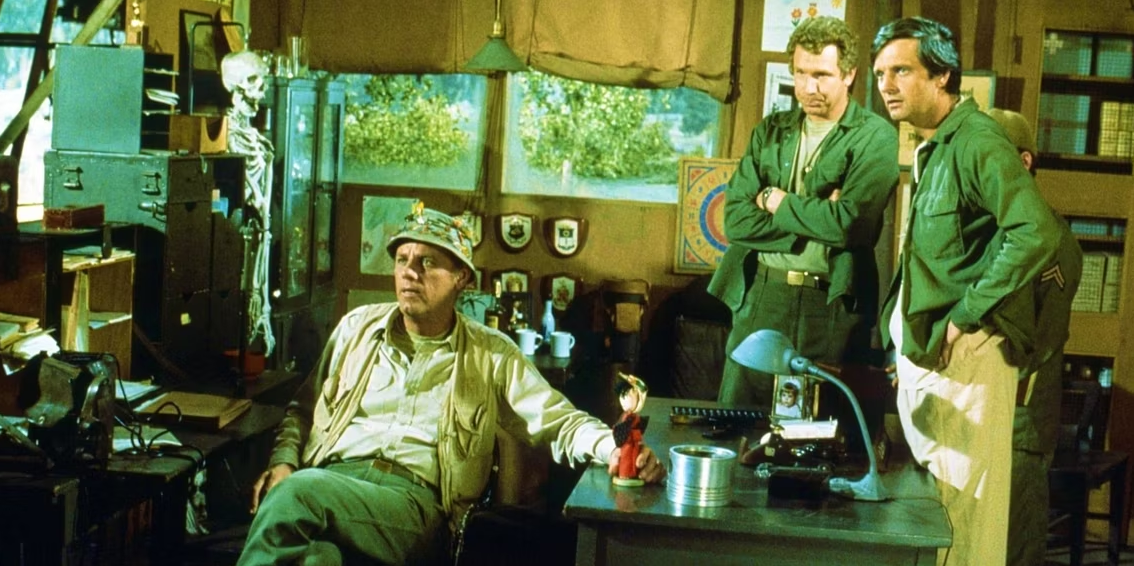
While the death of major characters might be a regular occurrence on modern shows, M*A*S*H’s call to kill Colonel Blake was groundbreaking for its era. M*A*S*H is one of the most successful TV sitcoms of all time, with the show being based on the novel and 1970 movie of the same name. It evolved over its first few seasons from a sitcom complete with laugh track to a dramedy that explored the futility of war and subjects such as PTSD, racism and homophobia. M*A*S*H was an innovative series in more ways than one and laid the blueprint for future shows like Scrubs.
While Alan Alda’s “Hawkeye” Pierce became the undisputed star of M*A*S*H, the show featured many audience favorites including Wayne Rogers’ “Trapper” John or Loretta Swift’s “Hot Lips” Houlihan. Another was McLean Stevenson’s Colonel Blake, the commanding officer of the 4077th unit. Blake was well-liked among the show’s cast of characters, but feeling frustrated with being part of an ensemble, Stevenson opted to leave at the end of season 3. “Abyssinia, Henry” saw Blake bid goodbye to his unit as he left to go home – only for the devastating ending to reveal his plane was shot down over the sea of Japan, killing all onboard. When characters or actors left TV series prior to this, the explanation was they were headed off to new jobs or lives, but killing a major character like Blake was simply unheard of back in 1975.
M*A*S*H’s Killing Of Blake Was Controversial
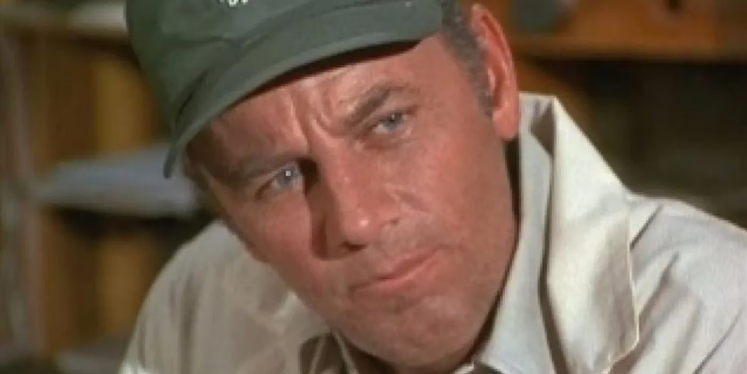
M*A*S*H’s season 3 finale appeared to be bidding fond farewell to Blake as the character was discharged, so the unexpected final scene was doubly shocking. Many viewers sent furious letters to the makers of M*A*S*H, vowing to quit the show over such a rug pull; there were also complaints that such a decision was too dark for a supposed comedy. CBS was also unhappy, both with the showrunner’s decision and the backlash they received as a result. That’s why when “Abyssinia, Henry” were re-run for the first time, the offending coda was cut out.
Blake’s M*A*S*H Demise Broke Ground For Future Television Shows
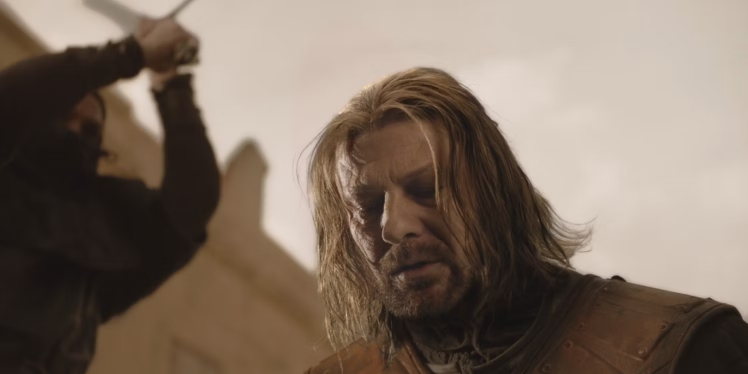
Killing characters off was considered taboo for many shows during this time. Television was supposed to provide lighthearted entertainment, and while certain show did explore the topic, these were relatively rare. In killing off Blake, this M*A*S*H finale not only unscored the horrors of war, but it also signaled this unwritten rule could be broken. It also displayed that instead of just empty shock value, it could be impactful for both the characters and audiences.
Killing popular characters on a TV series was still rare in the years following M*A*S*H, but shows like E.R., Game Of Thrones, Grey’s Anatomy, The Walking Dead many more would often feature shock deaths. Few could top the raw shock of Blake’s M*A*S*H death since no other programs had been brave enough to attempt such a move, and despite the controversy it stirred, it became a watershed moment.
